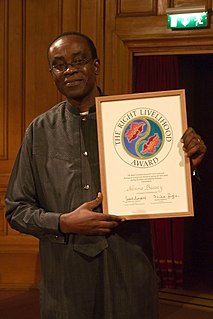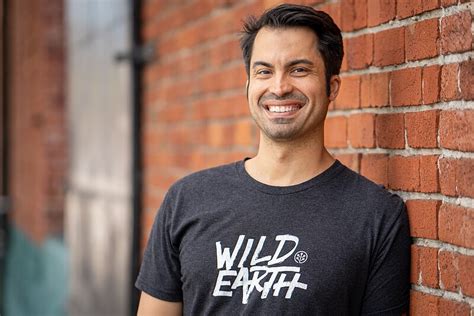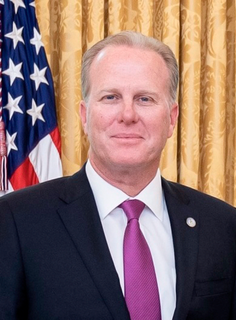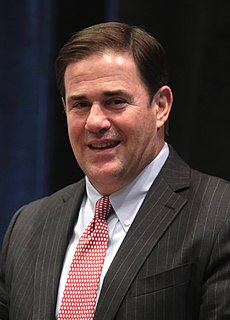Top 44 Biotech Quotes & Sayings
Explore popular Biotech quotes.
Last updated on April 21, 2025.
As we move on into this so-called biotech revolution and we start producing more and more transgenic manipulations, we'll start seeing pieces of DNA interacting with each other in ways that are totally unpredictable I think this is probably the largest biological experiment humanity has ever entered into.
Business, life itself, is damned hard work if you wanna be good at it. Actually, that's precisely wrong. Business ceases to be work when you're chasing a dream that has engorged you. ("Work should be more fun than fun" - Noel Coward.) And if the passion isn't there. then biotech and plumbing will be equal drags.
Researchers and biotech executives foresee the day when the effects of many catastrophic diseases can be reversed. The damaged brains of Alzheimer's disease patients may be restored. Severed spinal cords may be rejoined. Damaged organs may be rebuilt. Stem cells provide hope that this dream will become a reality.
Government investment unlocks a huge amount of private sector activity, but the basic research that we put into IT work that led to the Internet and lots of great companies and jobs, the basic work we put into the health care sector, where it's over $30 billion a year in R&D that led the biotech and pharma jobs. And it creates jobs and it creates new technologies that will be productized. But the government has to prime the pump here. The basic ideas, as in those other industries, start with government investment.
A decade ago, critics suggested biotech crops would not be valuable in the developing world. Now 90 percent of farmers who benefit are resource-poor farmers in developing countries. These helped alleviate 7.7 million subsistence farmers in China, India, South Africa, the Philippines from abject poverty.
What we are saying is, we've got three aluminum factories, let's work with that, we cannot change that. Why not have the Icelandic people who are educated in high-tech and work already in those factories in the higher paid jobs, why not let them build little companies who are totally Icelandic with the knowledge they have? Then they get the money and it stays in the country. Then we can support the biotech companies and the food companies and all these clusters. I think that if you want to be an environmentalist in Iceland, these are the things you've got to be putting your energy into.
































